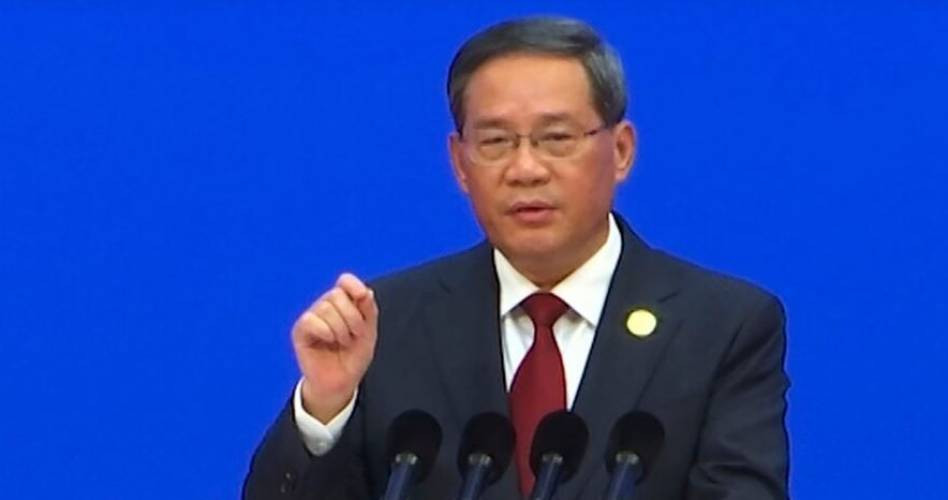The cheerful and plain-spoken Gitahi Gachahi has been chief executive at Ernst & Young’s Eastern Africa practice since 2010. In this time, Ernst & Young (EY) has cemented its position as the professional services firm with the largest footprint across the region.
EY became the first of the ‘big 4’ global audit firms to set up shop in South Sudan in 2013. And in addition to its regional headquarters in Nairobi, it has offices in Uganda, Rwanda, Tanzania and Ethiopia.
Despite recent setbacks in South Sudan, Mr Gachahi is confident that the country, whose nascent business sector is dominated by Kenyan companies, has “huge potential .. if they can fix their politics”.
The evidence
In the firm’s Nairobi offices in Upper Hill, surrounded by new office blocks and apartments, it is clear that business is booming.
But Gachahi, who has been with EY since the early 1990s, is clear that the Kenyan economy still has plenty of untapped potential.
“There is a lot of interest in East Africa ... there is a clear sense that it is time for Africa,” he told Business Beat.
The evidence seems to back him up. In less than five years, Africa has risen from second-last to second-most attractive continent to invest in in the world, tied with Asia and behind only North America, according to E & Y’s Africa Attractiveness survey in 2014.
The survey, which focused on companies operating or looking to operate in Africa, also found that South Africa, Nigeria and Kenya are considered by businesses to be the most attractive investment destinations in sub-Saharan Africa.
Elsewhere, however, the data is less positive.
While firms that are already doing business in Africa are enthusiastic about the experience, the perception gap between them and firms with no business presence in the continent, is still very wide.
Specific strategy
By large majorities, firms based in Africa believe that the continent has become more attractive for businesses, a trend they expect will continue for at least the next three years. Two-thirds of them have “a specific strategy for investment in Africa”.
However, a mere 10 per cent of companies without any African investment at present have a strategy for the continent, suggesting that it remains tough to convince would-be investors to bring their business to Africa.
As long as a large proportion of foreign investors continue to view the entire continent as a high-risk destination, both they and Kenya will miss out.
Stay informed. Subscribe to our newsletter
EY acknowledges that there are real and unique obstacles to overcome in doing business in Africa, but Gachahi insists that the negative perceptions must be challenged.
“We sometimes shoot ourselves in the foot. Sixty per cent of investors already in Africa want to invest more, but for those firms who are not already here, there is the perception that it is insecure and corrupt,” he said.
“We must rebuild confidence ... and give investors the confidence that it is not that bad here. In fact, when you look at the returns, they far outweigh the risks.”
Gachahi identifies four areas that need to be tackled by the Government to make Kenya more attractive to potential investors: planning procedures, insecurity, corruption and judicial authority.
“Investors need certainty,” he said, adding that companies need to be able to enforce contracts.
“The laws are there, the new Constitution provides them .... but we still have a high number of cases pending in courts.”
The record of recent governments has so far not convinced sections of the international community. A December 2014 pullout in the Financial Times, ‘Investing in Kenya, stated that “most of the successes for the private sector are in spite of the Government, not because of its support”.
On its part, the World Bank ranked Kenya 136th in the world in its latest Doing Business Survey, with Cambodia and Yemen on either side of it.
Calling for the creation of a Public Oversight Authority, Gachahi added that cleaning up judicial procedures is vital: “If you find corruption in the Judiciary, where do you go?”
The CEO also thinks that the recent slump in oil prices from over $100 (Sh9,155) a barrel to below $50 (Sh4,600) in the six months from July last year will soon lead to drilling companies getting cold feet about trying to retrieve Kenyan oil.
“We have not seen that investors are shying away ... but I can see it coming,” he said.
Taxation efficiency
In its Economic Prospects report published in January, the World Bank forecast that Kenya and other oil-prospecting countries would be among the main beneficiaries from lower oil prices for the next year or two, but warned that low prices would make it harder to attract investment to exploit newly found oil reserves.
One of Gachahi’s main areas of expertise is taxation — he advises a group of companies on their tax status — and, perhaps unsurprisingly, he is voluble about ways in which Kenya can broaden and increase the efficiency of its tax base.
“I know that Kenya could fund 100 per cent of its Budget from taxes. Kenya has been funding 84 per cent of its Budget from tax ... but there are so many people outside the tax net — the informal sector is the biggest employer in Kenya.”
He is also a supporter of the capital gains tax (CGT), whose re-introduction has caused consternation among brokers and investors, commenting that, “CGT has huge potential [to raise revenue] if it can be done correctly. Transport is completely untapped.”
Above all, Gachahi says that Kenyans must change their attitudes towards tax.
“The cultural mindset is such that tax evaders are almost viewed as heroes. We need to have better tax education”.
[email protected]
 The Standard Group Plc is a
multi-media organization with investments in media platforms spanning newspaper
print operations, television, radio broadcasting, digital and online services. The
Standard Group is recognized as a leading multi-media house in Kenya with a key
influence in matters of national and international interest.
The Standard Group Plc is a
multi-media organization with investments in media platforms spanning newspaper
print operations, television, radio broadcasting, digital and online services. The
Standard Group is recognized as a leading multi-media house in Kenya with a key
influence in matters of national and international interest.
 The Standard Group Plc is a
multi-media organization with investments in media platforms spanning newspaper
print operations, television, radio broadcasting, digital and online services. The
Standard Group is recognized as a leading multi-media house in Kenya with a key
influence in matters of national and international interest.
The Standard Group Plc is a
multi-media organization with investments in media platforms spanning newspaper
print operations, television, radio broadcasting, digital and online services. The
Standard Group is recognized as a leading multi-media house in Kenya with a key
influence in matters of national and international interest.








